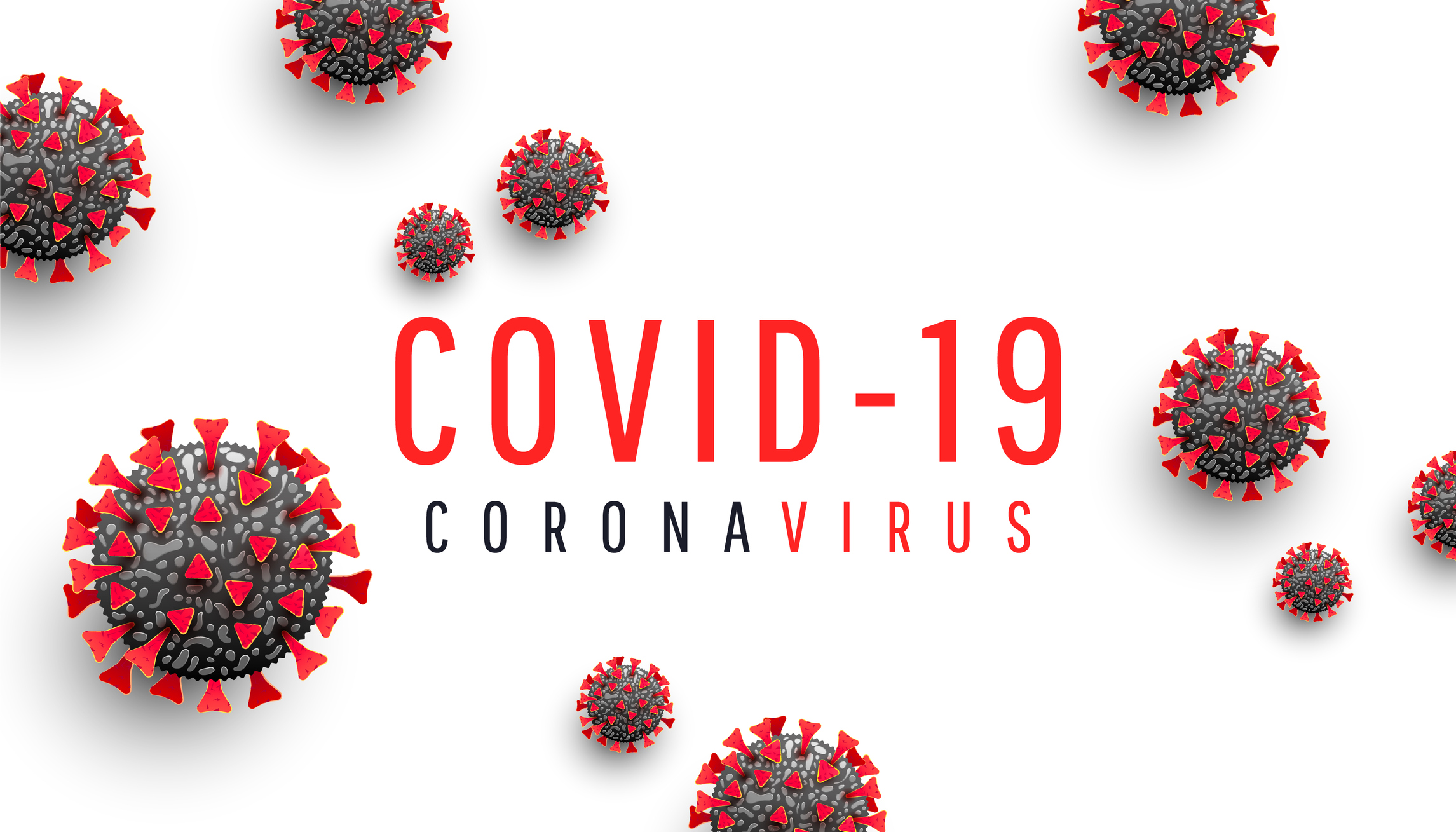That’s why it’s important to think ahead. If you know the study methods that work for you, you won’t be quite as overwhelmed. This also applies to students who are already in their first year. If you feel like you’re drowning in textbooks and other materials, keep reading. In this article, we’re going to cover several different ways you can successfully study in medical school.
Your Learning Styles
There are seven different kinds of learning styles. You might already know your learning style. If so, this will help you choose which study methods will be most effective for you.
These are the different learning styles:
- Visual (spatial) learner
- Aural (auditory) learner
- Verbal (linguistic) learner
- Physical (kinesthetic) learner
- Logical (mathematical) learner
- Social (interpersonal) learner
- Solitary (intrapersonal) learner
Understanding your learning style will help you know how to study in medical school. For example, a solitary learner won’t do well in a study group. An aural learner might not do well with simply reading material. And if you’re a social learner, locking yourself in your dorm room would be fruitless!
Now that we’ve reviewed the different learning styles, let’s look at study methods.
Study Methods
Learning how to study in medical school includes preparing before classes begin. You can’t rely on study tips from others. The study method that works for your best friend might not work for you. So, if you wait until your first week, you’ll be overwhelmed by information overload and not knowing what to do with all the information.
These are the study methods we’ll discuss:
- Reading and taking notes
- Watching videos
- Flashcards
- Question banks
- Fill in the blank
- Mnemonics
- Audiobooks and recordings
- Study groups
Reading and Taking Notes
Reading and taking notes is perhaps one of the oldest study methods you can use. Back in the days when books were expensive to print, it was a luxury to get your hands on one. So, whenever someone got a book, they would write down the most valuable parts they didn’t want to forget. It was known as a commonplace book, and the practice dates back to before the 17th century.
We recommend taking notes like this. By writing down the most important concepts, you’ll be able to separate the information you’ll be tested on from the rest. If you write down everything from your textbooks, it will be much less effective. Why? Because you’ll be writing down your textbook instead of its highlights. You’ll also lose valuable time that needs to be spent reading through hundreds of pages of material.
Watching Videos
Watching videos is another great way to study, especially if you’re a visual person. Chances are, your textbooks will be accompanied by supplementary materials to help you study. These often include videos. You can also look up topics on YouTube. Many doctors and medical students create content designed to help you study. If you take this route, make sure the YouTube creator puts out reputable content. The last thing you’d want is to waste your time studying inaccurate information.
Flashcards
Flashcards are a study tool as old as time. You write the term on one side and the definition on the other side. But in this digital age, you’re not stuck with 5×7 index cards. Granted, if you have them on hand, why not use them? But websites like Quizlet and Canva are easy-to-use resources for when you only have your computer with you. Flashcards are especially useful for memorizing terms and definitions for an exam. Reviewing your flashcards right before you take your test will keep the information fresh.
Question Banks
Question banks include a list of questions and a list of possible answers. It’s your job to correctly match the questions and answers. We highly recommend using this as a study method. Why? Because the USMLE Step 1 exam includes question banks. This will help prepare you for testing with that format.
Fill in The Blank
This study technique involves writing a sentence with blank spaces for key terms. It’s kind of like flashcards, only, instead of guessing the term or definition, you have everything laid out in front of you. You just have to fill in the blank.
If you use this study method, we recommend writing the sentence twice and leaving blanks in different spots. Otherwise, you might end up memorizing the blank spot but not the rest of the information. That wouldn’t be very helpful if the rest of the information is what you’re asked for on an exam!
Here’s an example:
The _________ bone is located in the skull.
The occipital bone is located ___________________.
That way, you’ll memorize the bone and its location.
Mnemonics
Mnemonics is a unique study tool that’s useful for long, complicated terms. For example, say you’re memorizing all the bones in the skull. You need to memorize these parts:
- Occipital bone
- Parietal bones
- Front bone
- Temporal bones
- Sphenoid bone
- Ethmoid bone
Those bones have strange, hard-to-remember names. With mnemonics, you’ll take the first letter of each bone and create a sentence that begins with those same letters. Here’s an example:
Ordinary people form temporary spaces equally.
Occipital, parietal, front, temporal, sphenoid, ethmoid
The sentence doesn’t need to make sense. It just needs to be memorable so that you won’t forget it when you’re testing!
Audiobooks and Recordings
Some people are auditory learners. This means that you best learn information when you hear it. Thankfully, we live in the age of Audible where many, many books are available in audio format. You might have the option to buy the audio version of your textbooks.
Another option is to record yourself reading from your textbook. Say you have specific information you need to learn for an upcoming test. You can record yourself reading what you need to know. Then, you can listen to your audio recording in your headphones while you walk to class or do chores around the house. Listening to it frequently will help your brain learn the terms.
Study Groups
Study groups are our final recommendation for studying. When you have hundreds of pages of material to review before a test, study groups can be lifesavers. But they only work if everyone is equally committed. Sadly, some students will join a study group to get something for themselves, but they don’t personally contribute anything. So, be careful when selecting a study group. A good way to choose your study group is by joining other students who are engaged in class and who take notes.
There are different ways you can go about conducting a study group. If you have a ton of content to review, you can assign sections to everyone. Each person can go through their section and find the most important information to share with everyone. This can save everyone a lot of time while still learning the necessary material to pass the exam.
Another way to conduct a study group is for everyone to come with questions. Each member of the group can contribute their knowledge to each other’s questions. Everyone can also research the answers to each other’s questions when no one knows the answer.
Your Study Environment
Now that we’ve covered some of the ways you can study, let’s talk about how you conduct your study sessions. There are several key factors that will determine how successful you are.
- Create a study environment.
Are your roommates loud? Is the TV on? Are you hungry? Environmental factors can affect how well you study. You might need absolute silence to concentrate. Or maybe having the TV on in the background helps you. Experiment, and see what works for you. If you don’t have the right study environment, you’ll be hard-pressed to find a study method that truly works for you. - Take frequent breaks.
Our brains aren’t meant to keep going for hours on end. We recommend taking a break every hour that lasts for five to 10 minutes. We recommend this even if you’re cramming for an exam. It will help your brain retain information. - Assess how well you’re learning.
Assessing how well you’re learning is key to determining which study method(s) work best for you. If you’ve been reviewing flashcards for an hour, take a break. Mentally go through them and see what information you remember. If you can remember at least some of the terms, then flashcards are probably a good study method for you.
Assessing how well you’re learning is imperative. Otherwise, you could spend hours studying a topic without learning anything. If you have an exam quickly approaching, this could be devastating. - Go outside.
This probably seems counterintuitive and completely outside the box. But going outside and getting fresh air will refresh you and help you study more effectively. So, instead of scrolling through Snapchat during your break, go outside!
Conclusion
So, there you have it! Those are the study tips we have for you. Learning how to study in medical school is essential for your success. You can’t get through medical school without studying. There’s simply too much information you have to learn in a short amount of time. Learning how to study in medical school will help you pass your courses and progress in medical school without losing your mind.
Need help? Navigating the world of medicine is tricky. Applying to medical school is a long and grueling process in and of itself. That’s why International Medical Aid offers pre-med advising. Through pre-med advising, you can get help filling out your applications. Our medical school admissions consulting team can help you pick out medical schools that are a good fit for you. Our team can also help you with your personal statement, AMCAS, secondary essays and more. Medical school admissions consulting can be a game-changer for getting through the application process.
International Medical Aid also offers medical internships for undergraduates. These internships will provide you with valuable experience and boost your application. You’ll shadow doctors and other healthcare providers as they provide medical care to underserved populations who are in need of medical attention. It’s an experience you’ll never forget.
We hope the study tips we’ve provided in this article are beneficial. If you have any questions or need help, please don’t hesitate to reach out to us. Thank you for visiting International Medical Aid!







